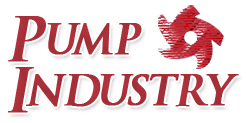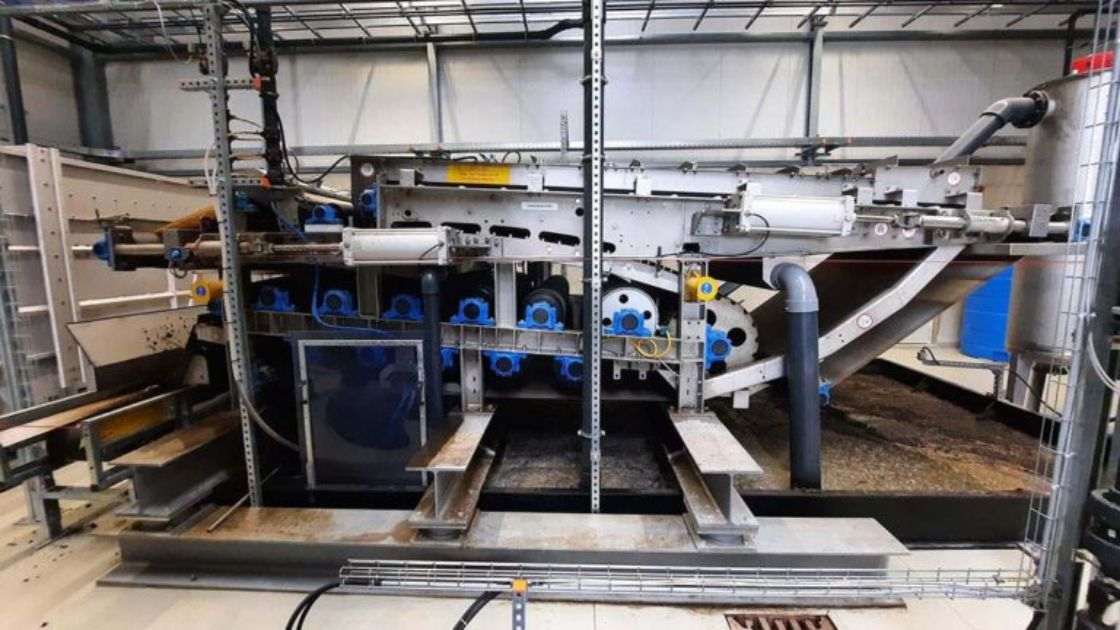“WELTEC BLUE WATER” now replaces Kumac. With this new name, WELTEC BIOPOWER is responding to international market requirements for its tried and tested slurry and digestate treatment systems. In recent years, 17 plants have already been put into operation worldwide. The first WELTEC BLUE WATER plant in Germany has also been in operation since March 2024.
In several process steps, the output materials are converted fully automatically into compost, fertilizer, animal bedding, biogas substrate and, depending on the input material, up to approx. 60 percent dischargeable water.
The name WELTEC BLUE WATER thus reflects the growing global demand on the one hand and refers to the largest output of water on the other. Plants are currently under construction and at an advanced stage of project development in Europe, Asia and the USA. The first references in Japan and Spain for the easily scalable systems are nearing completion. The technology is proving to be interesting for farms in processing regions where there is a high supply of liquid manure or water shortages – such as in Denmark and Spain. In Europe, investments are supported by the European Agricultural Fund for Rural Development (FEADER).
The WELTEC BLUE WATER technology is also suitable for separating nitrogen and returning the water to the biogas process to dilute the source materials. A high proportion of nitrogen-rich input materials such as poultry manure for the production of biogas is possible with the system. Compared to other systems, WELTEC BLUE WATER requires no thermal energy and converts the excreted solids into high-quality fertilizer.
For use from 50,000 tons per year
WELTEC BLUE WATER separates the solids from the water in a multi-stage process. The distribution of the separated materials can vary depending on the dry matter content of the input material. An independent investigation of the treatment plant in Deurne in the Netherlands by the Lower Saxony Chamber of Agriculture in 2015, for example, revealed the following segmentation: 55 percent dischargeable water, 25 percent solids and 20 percent liquid nutrient concentrate. At the beginning of the process, additives are mixed into the source materials to increase efficiency. This flocculates the finest components and makes them easier to separate. At the same time, certain substances are better separated from each other and odour emissions are minimized. The fermentation residue is then dewatered in a belt press. The solid material with a dry matter content of around 30 percent is used or sold by users as fertilizer, compost, animal bedding or as a biogas substrate. The system is modularly scalable and can be used from 50,000 tons per year.
Water can be used
The separated liquid from the belt press is aerated in a flotation tank – this causes particles and suspended matter to settle at the bottom of the tank. This sludge is added back into the process. In the final step, up to 99 percent of the dissolved salts and nutrients are separated using a multi-stage reverse osmosis process. The nutrient concentrate can be applied as an easily transportable liquid fertilizer. After treatment in the ion exchanger, dischargeable water remains that can be used or ultimately returned to the water cycle. This means that up to 60 percent storage capacity for fermentation residues can be saved and no tanks need to be built for this purpose.
The advantages of “WELTEC BLUE WATER” at a glance:
- Around 99.5 percent of the phosphorus and around 70 percent of the nitrogen are bound in the solid phase
- Proven, mature technology with high system availability
- Increased transportability and lower application costs due to nutrient concentration
- Significantly fewer transports for digestate application
- Higher nitrogen concentrations of the input materials in the biogas plant possible due to the cycle without a heat source
- Significant reduction in storage volume for slurry and digestate
- Modular design, therefore scalable
- Fully automatic operation
- Wide range of marketing options for the solid phase as fertilizer, bedding or compost
All in all, WELTEC BLUE WATER is equally suitable for pig and cattle farmers, biogas plant operators and industrial companies.



